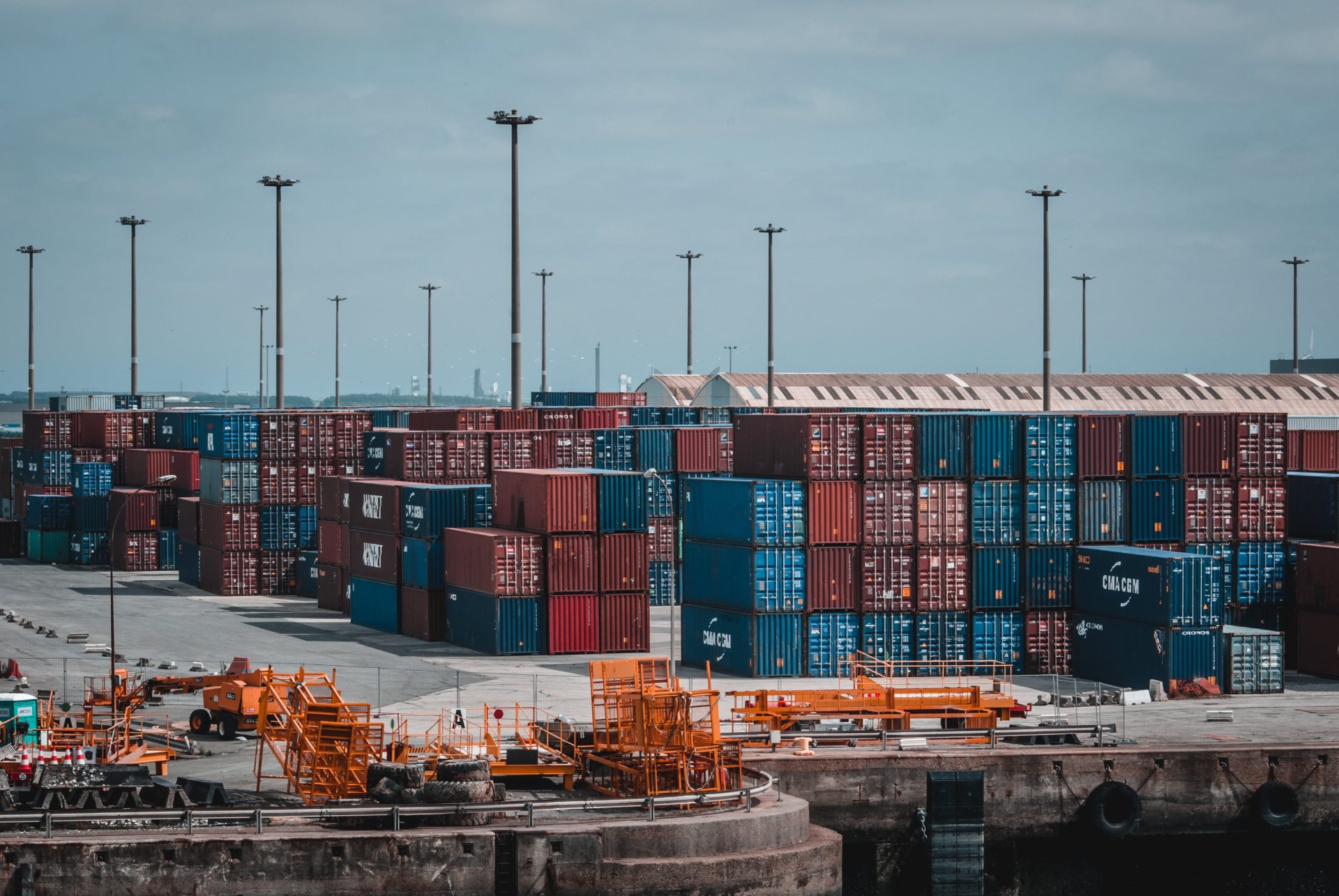International Shipping: Why Insuring Your Cargo Is Important?
This is a guest post by Arslan Hassan.
Embarking on the global trade journey brings unparalleled opportunities, but it’s not without its challenges. International shipping comes with its own set of risks that can jeopardize your cargo. From damaged goods to the risk of theft, the hazards are real.
So, in this guide, we’ll show you how to steer clear of these risks and insure your cargo for the better. We’ll also share a step-by-step guide on how to choose the right insurance partner.
Let’s dive in!
Potential Risks & Threats to Cargo

An uninsured cargo is always vulnerable to these threats and risks:
1. Damaged Cargo
Shipping across borders exposes cargo to handling uncertainties, where mishandling or unforeseen incidents can lead to damage. Fragile items (such as glassware, musical instruments, technology products, etc.) are particularly at risk.
2. Lost Cargo
The vast expanse of international routes increases the likelihood of cargo going astray. Sometimes shipments are lost completely — and sometimes, misplacement could lead to delayed arrival on destination. If the items being shipped are time-sensitive (such as eatables), they may expire due to the delay .
3. General Average
General average basically refers to a large loss or a deliberate loss during shipment. For example, when a fire occurs, lots of goods may be lost. Similarly, in certain situations — some goods may be offboarded to secure the rest of the goods for a safe journey ahead. These situations may occur due to legal issues, natural accidents, or as a consequence of human error.
4. Stolen Products
Theft is an unfortunate reality in the logistics landscape. Whether due to organized crime or opportunistic theft, cargo security is paramount. This is particularly true for small-sized products like Peshawari chappals, shawls, spoons, or other such good that are being transported in quantities of hundreds or thousands. It’s difficult to track if a pair of Peshawari chappal or one shawl is stolen. But if small thefts occur at multiple checkpoints, the loss can be significant.
How Does Insurance Help?
1. Peace of Mind
In the unpredictable world of international shipping, peace of mind is a priceless commodity. Insurance alleviates the stress of potential financial losses, allowing businesses to focus on growth and expansion without the constant worry of unforeseen circumstances.
2. Protects Cash Flow
Unforeseen events can disrupt cash flow and strain financial resources. Cargo insurance acts as a financial safeguard. It ensures that your business remains resilient in the face of unexpected challenges, along with protecting your bottom line and financial stability.
3. Acts as a Safety Net
According to the NCSC (National Cargo Security Council), the global financial loss due to damaged freight is over $50 billion. Most shipment carriers only offer a compensation of $2 per pound, meaning you’ll only get $2,000 for a shipment of 10,000 pounds. It’s nearly nothing!
Insurance, on the other hand, guarantees that you retrieve an almost equivalent amount. Even if the loss occurs, the insurance acts as a safety net!
4. Safeguards Against Theft
Theft is a pervasive risk in international shipping. Cargo insurance serves as a robust defense against theft. It offers financial compensation that enables businesses to recover swiftly and maintain the integrity of their supply chain.
How to Insure Cargo?
As promised, here’s a practical guide to help you ensure that your cargo is adequately protected:
1. Assess Your Needs
Before diving into the insurance market, conduct a comprehensive assessment of your cargo and shipping requirements. Consider the nature of your products, shipping routes, and the potential risks involved. This foundational step will guide you in selecting the most suitable insurance coverage for your specific needs.
2. Understand Insurance Types
Cargo insurance comes in various forms, each tailored to specific risks. Common types include:
- All-Risk
- Named Perils
- Total Loss Only
Familiarize yourself with these options and choose coverage that aligns with the unique challenges your cargo may face during transit.
3. Work with Reputable Insurers
Research and choose insurers with a proven track record in cargo insurance. Look for companies with a global presence and a history of efficiently handling claims. Read customer reviews and seek recommendations to ensure the credibility and reliability of your chosen insurer.
4. Negotiate Terms and Coverage
Engage in open and transparent discussions with your insurance provider. Clearly communicate your cargo’s specifics and negotiate terms that offer comprehensive coverage.
Be mindful of deductibles, coverage limits, and potential exclusions that could be applicable. Customizing your insurance policy to fit your unique needs is key to maximizing its effectiveness.
5. Implement Risk Management Practices
While insurance provides financial protection, implementing proactive risk management practices is equally crucial. So, consider investing in robust packaging, proper labeling, and secure loading practices to minimize the likelihood of damage or loss.
6. Document and Communicate Clearly
In order to be able to claim your insurance, you need to have documented proof. So, maintain accurate records of your shipments, including invoices, packing lists, and shipping documents.
Communicate clearly with your insurer throughout the process. Make sure you provide timely and detailed information in the event of a claim.
8. Monitor and Evaluate Performance
Regularly monitor the performance of your chosen insurance coverage. Evaluate its effectiveness in mitigating risks and providing the expected financial protection.
If necessary, be prepared to adjust your insurance strategy to better align with the evolving demands of your business and the global shipping landscape.
Final Words
When it comes to global trade, securing your cargo with insurance is not just a choice; it’s a strategic imperative. It can effectively tackle unpredictable challenges and serve as your guardian.
Before we sign off, here’s a bonus tip: focus on cultivating robust relationships with your logistics partners; a collaborative approach enhances the protective shield of insurance!
This was a guest post by Arslan Hassan.
Author Bio:
Arslan Hassan, an electrical engineer and the founder of The Pro Linkers, has assisted numerous businesses in building a robust online presence. His passion lies in facilitating the online growth of brands and companies.





